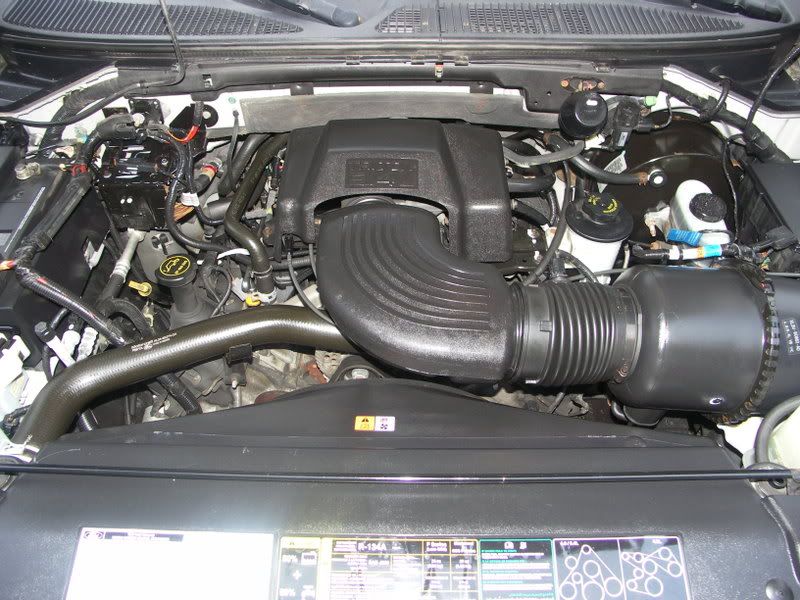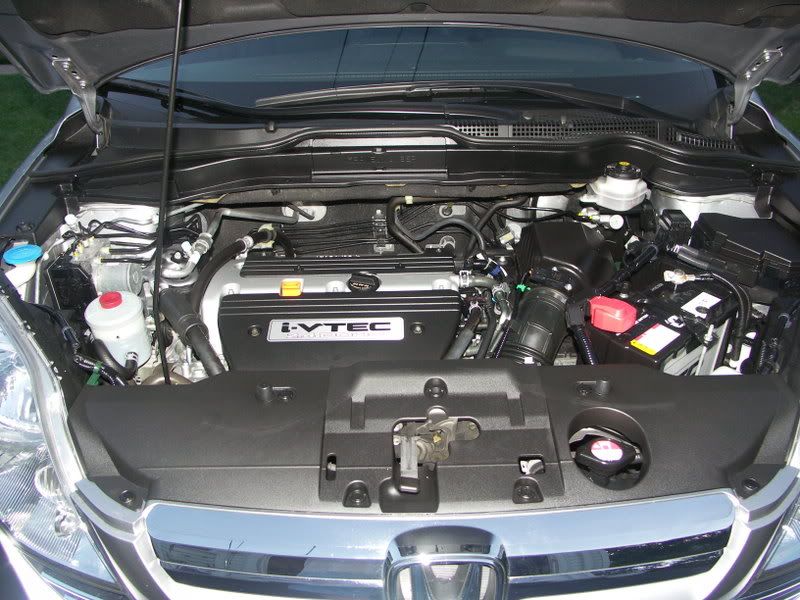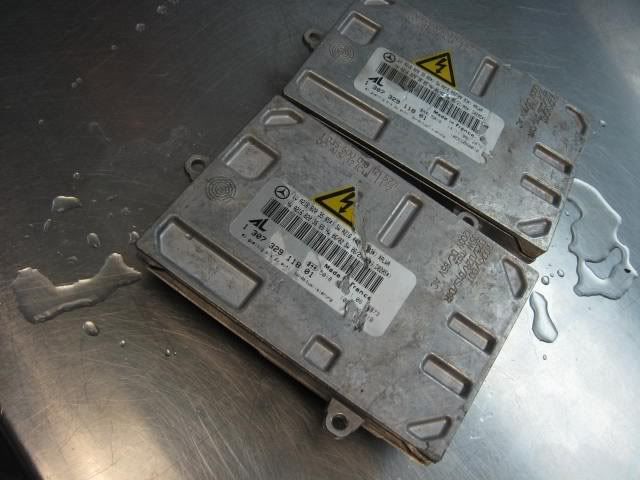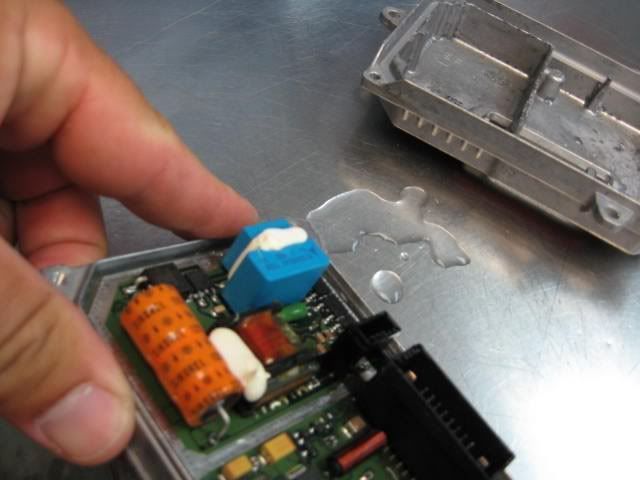Meguiar's New Engine Clean and Engine Dressing on Youtube.
It says "available only in international markets", but I haven't seen it anywhere. Maybe US in 2009?
YouTube - Meguiar's New Engine Clean and Engine Dressing
It says "available only in international markets", but I haven't seen it anywhere. Maybe US in 2009?
YouTube - Meguiar's New Engine Clean and Engine Dressing




